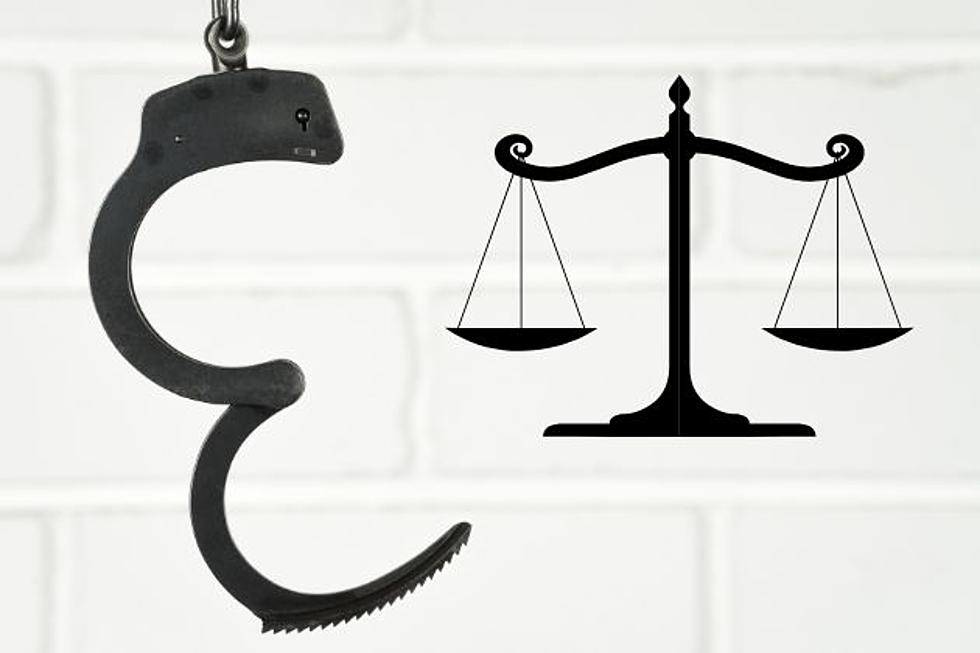
NJ led the nation for inmate reduction — group says that’s not enough
⚫ NJ reduced its prison population more than any other state over a 5-year period
⚫ NJ tops the nation for racial disparities in lockup
⚫ ACLU says NJ should offer compassionate release to a wider pool of inmates
New Jersey gets credit in a new report for dramatically reducing the number of people behind bars over the years. But the same report, which is pushing for an even greater reduction in the lockup population, claims the Garden State is still falling short in many ways.
"There's a lot to be proud of in New Jersey, but we haven't yet reached our potential," said Amol Sinha, executive director of the American Civil Liberties Union of New Jersey.
A 28-page report from ACLU-New Jersey offers a number of recommendations on how to end mass incarceration, which the organization says is still a pressing issue in the state, despite New Jersey recording a prison population reduction of more than 50% since 2011.
Between 2017 and 2022, the report finds, New Jersey led the country in inmate reductions.
A portion of that drop can be attributed to a one-time law during the coronavirus pandemic that allowed the release of nearly 9,000 jailed individuals. Also, in the years since 2011, New Jersey has enacted a system that de-emphasizes the use of cash bail, and has legalized and decriminalized cannabis.
Still, New Jersey's prison system remains "rife with injustice," the report says.
"Even though New Jersey has decarcerated its jails and prisons, the racial disparities of who remain behind bars are staggering and unacceptable," said Insha Rahman, vice president for advocacy and partnerships at the Vera Institute of Justice.
From 2017 to 2022, Black people accounted for approximately 60% of New Jersey's incarcerated population, while accounting for 15% of the state's overall population — the worst Black to white racial disparity in the U.S.
ACLU-New Jersey suggests that the state has not embraced "common-sense reforms," such as doing away with mandatory minimum sentences. More than 70% of New Jersey's current incarcerated population were sentenced under mandatory minimums, the report shows.
The report pushes for a more-encompassing end to mandatory minimums than a 2021 directive from then-Attorney General Gurbir Grewal that instructed prosecutors to waive mandatory prison terms for non-violent drug offenses.
The organization also calls for an update to New Jersey's compassionate release rules so that more inmates are eligible for freedom in extreme circumstances. New Jersey has an "incredibly high bar" compared to other states, according to the report — one must have a prognosis of six months or less to live, or a permanent physical incapacity.
"We can rethink that and broaden the use," said Alex Shalom, senior supervising attorney for ACLU-New Jersey.
As another way to reduce the prison population, the report highlights the potential benefits of categorical clemency — lessening or scrapping the sentences for groups of inmates based on shared characteristics, such as older people, or individuals who were convicted as adolescents.
Report a correction 👈 | 👉 Contact our newsroom
LOOK: Most dangerous states to drive in
UPDATED: All the stores where NJ legal weed is sold
More From Rock 104.1










